Rob Adediran, executive director of the London Music Masters education charity, comments on the #SaveOurMusic campaign led by a group of LMM alumni and asks, ‘What can we do to save music for the next generation?’
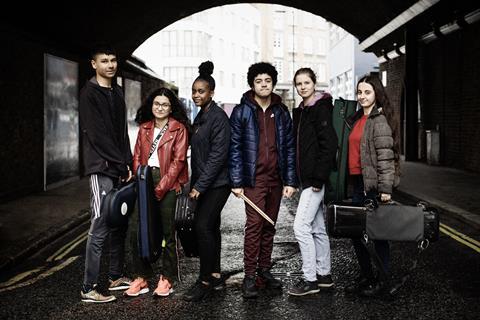
This week 20 young people from across London are kick-starting a campaign to #SaveOurMusic. One of these young people, Tristan Ramjohn (aged 16), who is an LMM alumnus and current Royal College of Music Juniors student, recently tweeted ‘Music … makes you feel as if no one can hold you back when you play’. That powerful testimony perfectly summarises why this campaign is needed.
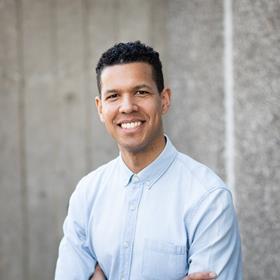
Tristan and his peers want to save music for children and young people like them, who without support from charities like London Music Masters providing free tuition from the age of four onwards, would miss out on the transformative power that is unleashed when you create music with others. Every single young person in the country should experience the feeling that ‘no one can hold you back’, and music can do that.
Sadly, research suggests that sustained, high quality music education is largely the preserve of the children of the middle classes. The costs of tuition, instruments, holiday courses and concerts price out families on more modest incomes. In addition, students, teachers and performers across the industry from classical to pop are disproportionately white and able-bodied.
While the endless diversity of musical sub-genres and cultures clearly demonstrates the incredible range of talent within our diverse communities, the funding structures and media coverage rarely enable the kind of commercial breakthrough that has been gifted to music forms consumed and produced primarily by audiences and musicians from white ethnic groups.
So how can we, one or two generations older than the courageous young musicians like Tristan, support them and make a difference? Read on for five ways you can #SaveOurMusic!
- Get local: Music education is part of the national curriculum, yet with the pressures facing headteachers it is often a marginalised subject delivered by non-specialists. If you have school-age children or you care about the future of music in your local community, then engage with your local headteacher, holding them to account for the quality of music provision.
- Get strategic: Supporting schools is a national network of Music Education Hubs whose responsibility it is to ensure that the core elements of a good music education are available to all children. Ask to join a steering group or advisory committee and become part of the decision making process.
- Get informed: Don’t believe the hype about funding! Government funding for music in schools has been cut over many decades, at the same time that independent schools have increased investment – leading to ever-greater disparity in cultural and creative outcomes. Publically challenge ‘good news stories’ such as Nick Gibbs’ recent £1.33m injection of funding for hubs (which by my count is less than 13p per student!), or the government’s £18m ‘boost’ to a music education budget they had cut by £24.5m in 2014 (that’s still a cut folks). Remind your network (however large or small) that funding for music education today is 10% less than it was in 2012, while costs have risen universally.
- Get involved: Celebrate and encourage young people making music in your community by attending their events. Donate your time and skills to their causes and show your support by helping to produce promotional material or serving interval drinks!
- Get curious: Engage your inner teenager and get excited about the sounds and cultures young people are exploring. Young people are hard-wired to push boundaries but are also incredibly inclusive, and we could all benefit from a bit more of that!
For more ideas and to follow the #SaveOurMusic campaign go to: https://londonmusicmasters.org/saveourmusic/how-to-saveourmusic/
You can also follow the story on our Instagram, Twitter and Facebook
Sources (education funding cuts):
http://www.educationengland.org.uk/documents/pdfs/2011-music-henley-gov.pdf




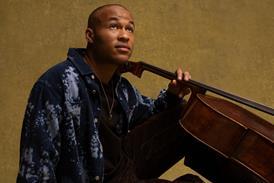




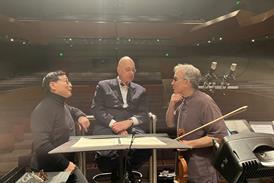


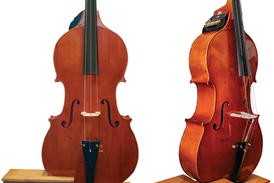




























No comments yet